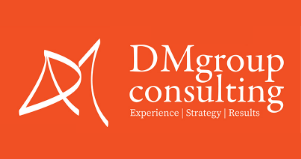Recently, I led a team of young women who were at the beginning of their careers. When I told them part of my job as their supervisor was to help them prepare for their next job, it surprised them. But I have been in the fundraising business for decades, and I know there are many twists and turns and unexpected opportunities.
As our trust grew, I learned one woman wanted to be an attorney and another really wanted to be a physical therapist. So we talked through their plans, including their timelines, and how they could prepare for their next phase while still being productive members of the team.
As a manager, it’s important while planning to be inclusive, communicate clearly, and give honest, helpful critiques.
As a team we plotted our events, mailings, monthly luncheons, social media posts, vacations and holidays on an eighteen-month calendar that I pinned to my office wall. Everyone had access to this working document. I also kept track of donations on a whiteboard that was visible to my team and the CEO at anytime.
When giving feedback I would always start with something positive about the project, event or whatever was being discussed. Then I would ask questions about why something went one way or another and give recommendations on what could have been done better. The conclusion of the interview would be more positive feedback.
The goal was never to tear anyone down or embarrass my staff. It was to improve the quality of their work. Ultimately, that provides stewardship for our donors and raises more money for the organization.
Even though my team had plans for their future that did not include fundraising, we agreed that professional development was still important in their present position. Despite our limited budget, I supported their membership in the Association of Fundraising Professionals, providing them access to networking events and educational programs. At some conferences, they were even able to volunteer in order to have their registration fees waived.




